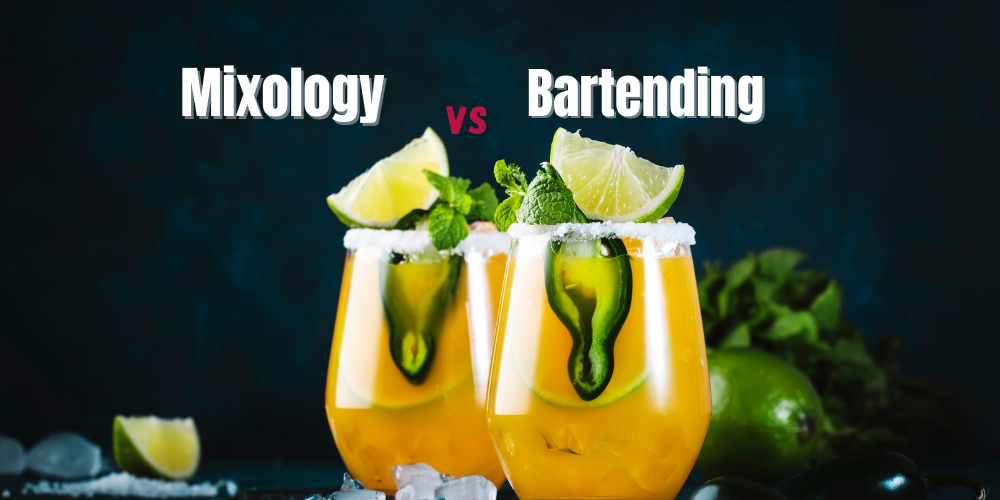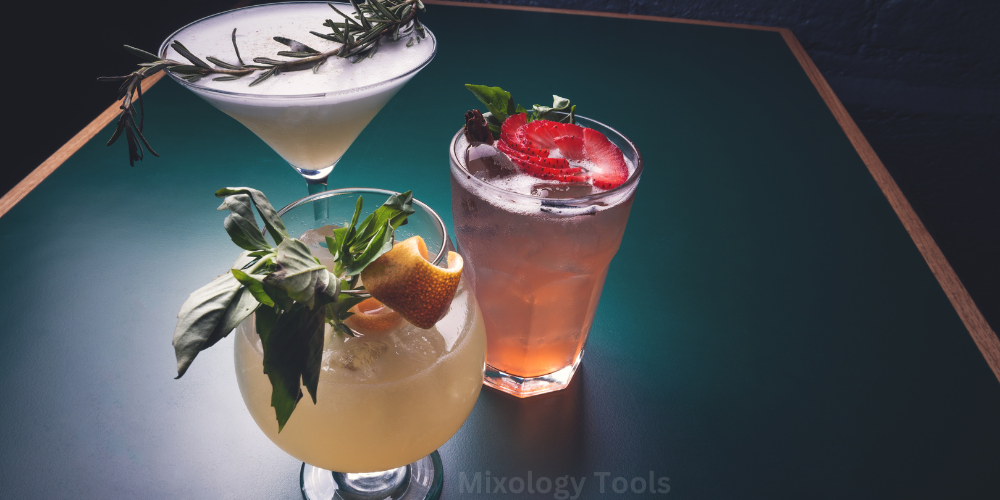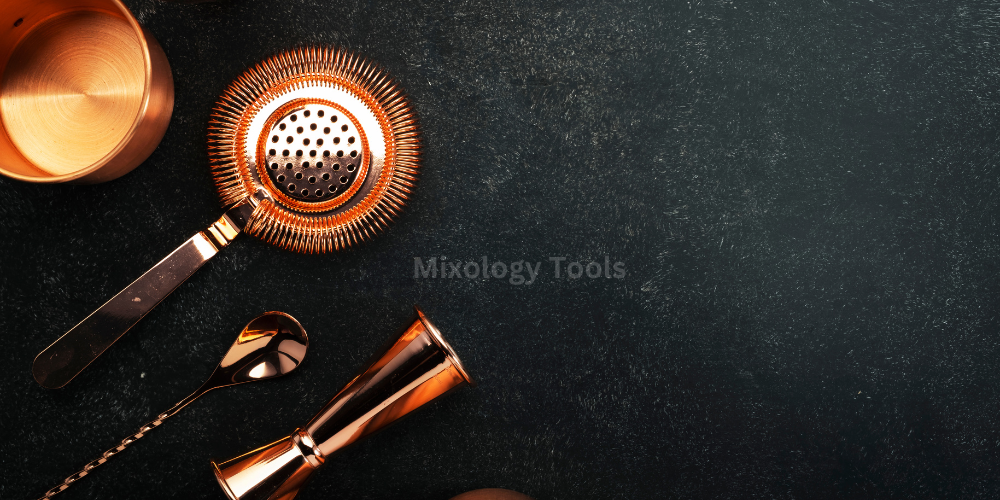
Mixology Vs Bartending
admin
- 0
Many people consider Mixology vs. bartending to be the same, but it’s much more than that. Mixology is an art and science involving the skillful crafting of flavorful and aesthetically pleasing beverages. It requires in-depth knowledge of the art and science of mixing drinks. A mixologist studies the chemistry of drinks and practices this craft. They don’t just serve drinks; they blend ingredients, techniques, and creativity to create innovative and delicious cocktails with a strong visual and sensory appeal.
Mixology refers to the craft of creating cocktails by blending flavors, balancing ingredients, and focusing on presentation. While bartending involves the preparation and service of drinks, mixology delves deeper into the art and science of drink-making. Mixologists focus on using fresh ingredients, creative techniques, and innovative presentations.
Over the years, mixology has gained popularity worldwide and become a key trend in the food and beverage industry. In this blog, we’ll explore mixology in detail, including its evolution, techniques, tools, and career prospects.
Table of Contents
Key elements of mixology include:
Flavor Pairing: Understanding how various flavors interact is crucial for creating balanced cocktails. Mixologists carefully select spirits, mixers, and garnishes to enhance the flavor profile of each drink.

Techniques: From basic to advanced, mixologists master techniques like shaking, stirring, muddling, and layering to create unique textures and flavors.
Creativity: Innovation is key for a successful mixologist. They experiment with new ingredients, flavor combinations, and presentation styles to craft memorable cocktails.
The Evolution of Mixology
Mixology has a rich history, dating back to the 19th century, often referred to as the “golden age of cocktails.” Classic cocktails like the Old Fashioned, Martini, and Manhattan emerged during this era (1860s–1920s). Bartenders began experimenting with fresh ingredients, refined techniques, and the use of ice to elevate the drinking experience.
In the 21st century, mixology has evolved into a sophisticated craft. Modern mixology incorporates culinary techniques, molecular gastronomy, and sustainable practices, introducing ingredients like herbs, spices, and edible foams. The rise of craft cocktails has transformed the bar industry, emphasizing quality, innovation, and the overall customer experience.
Essential Skills for a Mixologist
To excel as a mixologist, one needs a combination of technical expertise, creativity, and customer interaction skills:
Understanding Ingredients: A mixologist must have a thorough knowledge of spirits, liqueurs, mixers, bitters, syrups, and garnishes to create balanced cocktails.
Flair and Presentation: A visually appealing drink is just as important as its taste. While some mixologists incorporate flair bartending (e.g., bottle juggling), others focus solely on elegant presentations.
Balancing Flavors: Balancing sweet, sour, bitter, and salty flavors is essential to crafting a perfect cocktail. Mixologists often use syrups, citrus, herbs, and spices to achieve this.
Mastering Techniques: Techniques like:
Shaking: Mixing ingredients while chilling with ice.
Stirring: Gently blending for a smooth texture.
Muddling: Crushing ingredients like herbs and fruits to release their flavors.
Layering: Pouring ingredients carefully to create visually stunning drinks.
Customer Interaction: A mixologist should have excellent interpersonal skills, understand customer preferences, and provide tailored recommendations.
Modern Mixology Trends
Mixology continues to evolve with new trends shaping the industry:
Sustainability: Focus on reducing waste, using local ingredients, and creating eco-friendly cocktails.
Molecular Mixology: Incorporating techniques like foams, edible bubbles, and liquid nitrogen for a unique sensory experience.
Zero-Proof Cocktails: Alcohol-free cocktails (mocktails) are becoming popular, maintaining the craft and presentation of traditional cocktails.
How to Become a Mixologist

If you’re passionate about mixology, follow these steps to build a career:
Cultivate Passion: Study cocktail history, experiment with flavors, and stay updated on industry trends.
Start with Bartending: Gain hands-on experience by bartending in bars, restaurants, or hotels.
Learn from Experts: Attend mixology events, seminars, and workshops to learn from seasoned professionals.
Build a Network: Connect with other mixologists, exchange ideas, and receive feedback on your creations.
Mixologist Job Roles and Skills
Job Roles:
- Mixology Instructor
- Beverage Director
- Brand Ambassador
- Freelance Mixologist
Skills Required:
- Interpersonal skills
- Knowledge of food and beverages
- Active listening
- Time management
The Future of Mixology
The mixology profession is poised for continued growth as trends like sustainability and health-conscious options gain momentum. There is potential for collaboration between mixologists and chefs, and technology like AI may play a role in personalizing customer experiences.
Tools Used in Mixology
Some essential tools mixologists use include:
Bar Spoon: A long-handled spoon for stirring drinks.
Citrus Squeezer: Extracts juice from fruits.

Cocktail Jigger: Measures precise amounts of alcohol.
Cocktail Shaker: Mixes ingredients by shaking.
Muddler: Crushes ingredients to release flavors.
Mixology is Bartending
While bartending focuses on preparing and serving drinks, mixology emphasizes drink-making’s creative and technical aspects, involving innovation and ingredient experimentation which makes clear the debate about Mixology vs bartending.
Salary of a Mixologist
- Average Salary: $30,000 per year
- Highly Skilled Mixologists: $50,000+ per year
Mixology is an exciting and evolving field that blends creativity, science, and craftsmanship to deliver extraordinary drinking experiences.

